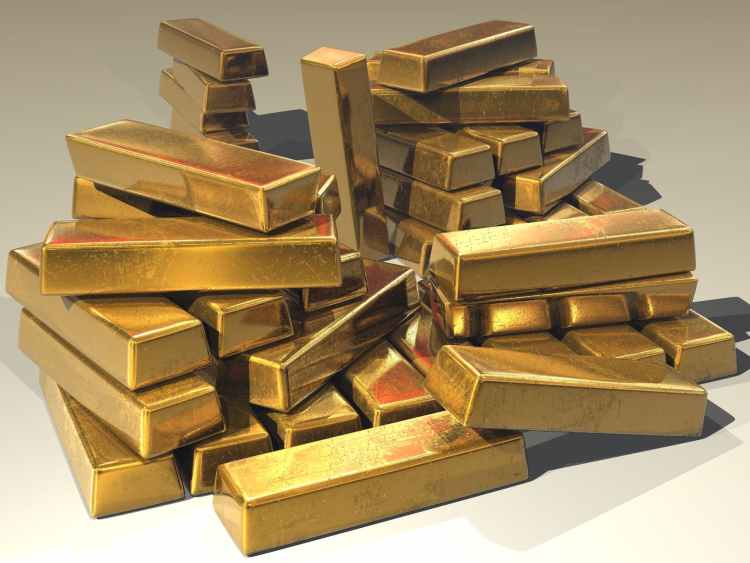There has been a fair bit of commentary in the past fortnight or so about inequality in Australia with good research by the Australia Institute, the Grattan Institute, Anglicare, the ABS, and the ATO itself among others.
They rightly tell us tax breaks go to the already well-off, but do reveal how truly insidious the fundamentals of the whole government benefits system are.
Let me explain. Let’s first divide government benefits into two groups.
Group 1 are the ones that go to people with little or no income and little or no wealth. They include the dole, aged pensions, disability payments, childcare, pharmaceutical benefits, Medicare, and student loans.
Group 2 are the benefits that go mainly to people with middle to high income and middle to high wealth. They include negative gearing, capital-gains concessions, superannuation breaks, cash tax rebates of share-franking credits, fuel rebates, and resources-rent tax concessions.
The main features of Group 1 are that the benefits are limited in the amount, who can get them, and for how long they apply.
The main features of Group 2 are that they are virtually limitless in time and amount and anyone can get them without a means test. Indeed, high means do not disqualify you. Rather you usually have to have high means to get them.
The Government monitors and regulates Group 1 benefits strictly, whereas it has very limited control over Group 2 and just has to cop the cost to the Budget as they blow out.
For example, the Howard Government foolishly introduced the scheme under which people who paid no tax could get a cash tax rebate equivalent to the franking credit (usually around 30 percent) of dividends paid on shares.
Take a high-wealth person with very little income who has Telstra shares which pay six cents in the dollar. Under the benefit, they get a further two cents in the dollar in cash (not as a deduction against income, because they have none).
In its first year, it cost the Budget around half a billion dollars. It was paid to existing share owners. But the financial advisers moved in like bees to honey. Suddenly every low-income high-wealth person was buying shares which paid fully franked dividends and the cost to the Budget blew out to $7 billion in a few years.
The money went straight into the pockets of the already wealthy. Someone could own almost $1 million worth of shares and still get some cash rebate.
Similarly with negative gearing, capital gains, super, fuel, and resources concessions. The benefits are either limitless or are very large. And any taxpayer can get into them, provided they have some seeding wealth.
If your salary goes up, borrow money with tax-deductible interest to buy property or shares to offset the tax on the pay rise. Wait for the value of the property or shares to rise and sell them, paying tax on the capital gain at half the rate that you would pay on income. And do it again, and again and again.
Or you can always plonk some tax-deductible money into super where its earnings will only be lightly taxed.
Resource companies can deduct exploration costs without limit as to amount or the number of years they can carry them forward. Most multinational resource companies export Australian resources these days paying very little or no tax at all.
Superannuation also has a wealth-generating effect. When you die the aged pension dies with you. But you can bequeath your superannuation to your children. They pay little or no tax on it. There are no inheritance taxes in Australia.
The cost of Group 2 benefits is outstripping the cost of Group 1 benefits. Superannuation concessions cost the Budget almost as much as the aged pension.
The Group 2 benefits are literally out of control. They are piling wealth upon wealth and the cost to the Budget means there is less for Group 1 benefits, public health, public education, and public housing. Moreover, one Group 1 benefit, student loans, comes with a vicious rider. The amount owing increases with inflation.
This is why inequality is rising in Australia. A two-tier society has been created. In the top tier are those who have taken advantage of Group 2 benefits or will inherit from those who have. They can buy houses, go to private schools, and afford gap fees and jump the queue for good medical treatment. The bottom tier is everyone else.
Some say the claims of growing inequality are exaggerated, citing tax and ABS data. But, in fact, they are understated. This is because so many people reduce their reported taxable income through Group 2 benefits, giving a statistical picture of a flatter income spread and a more even wealth spread. People on relatively low incomes are shown to have relatively high wealth. The real picture, however, is a narrowing band of people with ever increasing amounts of money.
Further, high immigration is contributing to lower productivity and greater inequality. Why innovate if you can import cheap labour and let someone else deal with the higher demand for housing, infrastructure, health and education?
This is why people under 40, especially those under 30, are not growing more conservative as they get older. To the contrary, they are getting more enraged or dispirited and want their government to do something about it.
The Albanese Government has made a tentative step with its superannuation changes. But it is a small scratch in a very big sandbox.
It should do more, starting with the removal of the Stage 3 tax cuts which will make inequality worse. And it can do so because, in these circumstances, the political risk of alienating younger voters is quite small. And there is a growing cohort of higher-income, higher-wealth people who for moral reasons and for the sake of a more cohesive (and therefore safer) society want to see this growing inequality reversed.
This article first appeared in The Canberra Times and other Australian media on 18 April 2023.
Crispin Hull is a former editor of The Canberra Times and regular columnist.





